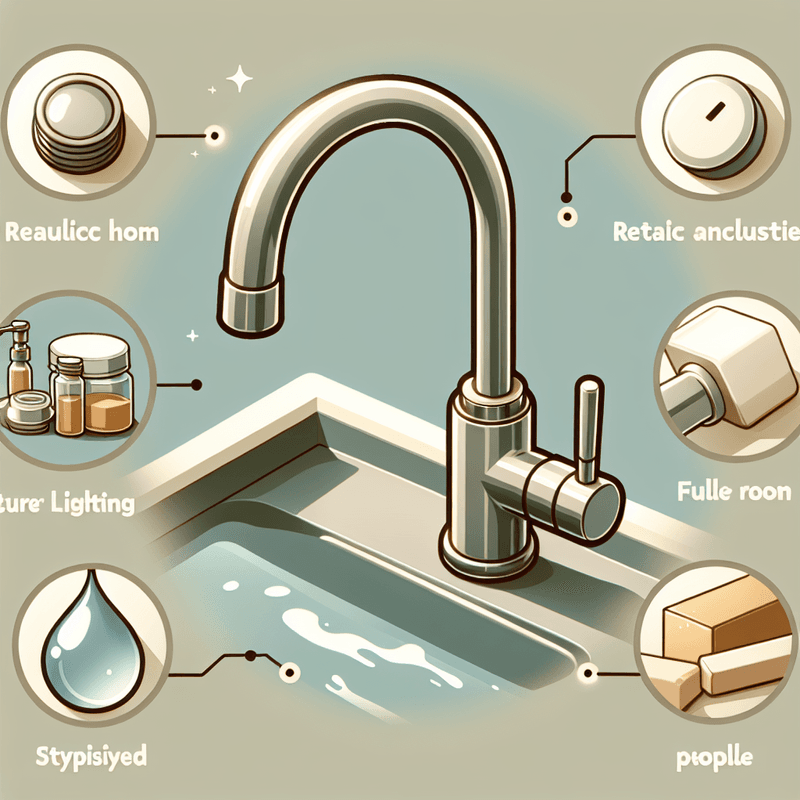When winter descends with its biting cold, the last thing any of us want is a plumbing disaster. Yet, it's during these chilly months that our pipes are most vulnerable to freezing and subsequently bursting. This can cause significant water damage to your property and lead to costly repairs. As a professional plumber, I've seen firsthand the havoc a burst pipe can wreak, and I'm here to guide you through identifying, repairing, and preventing this common winter woe.
Understanding the Problem
Water has a unique property: it expands as it freezes. In the confined spaces of a pipe, this expansion creates significant pressure, and without any escape, it can split the pipe, no matter its material. The most at-risk pipes are those in unheated interior spaces such as basements, attics, and garages, as well as those running through the walls exposed to severe cold.
Initial Signs of a Frozen Pipe
The first tell-tale sign of a frozen pipe is a reduced water flow from a faucet. If you ever turn on a tap during a cold snap and only a trickle comes out, consider this a red flag. In some cases, there may be no water flow at all. Another indicator can be frost on the pipe itself or any unusual swelling within the pipe visible to the naked eye.
Immediate Actions to Take
If you detect a frozen section:
1. Shut Off the Water: To prevent more water from flowing into the pipe and adding pressure, turn off the main water supply. This helps mitigate the problem if the pipe bursts.
2. Open a Faucet: Open the faucet that the pipe supplies. This provides relief by allowing the ice to melt and water to escape.
3. Apply Heat: Use a hairdryer, a heating pad, or towels soaked in hot water to gently warm the pipe. Never use open flame devices like a blowtorch as this can damage the pipe further or even start a fire.
4. Inspect for Leaks: Check for any splits or leaks in the pipe as it begins to thaw. Catching a leak early can prevent mould and structural damage later.
When to Call a Professional
If you cannot locate the frozen section, if it's not accessible, or if you discover a burst pipe, it's time to call a professional plumber. Burst pipes can lead to extensive, rapid water damage in your home, demanding more than just a basic fix. Moreover, a professional will ensure the repair meets local plumbing codes and safety standards.
Long-Term Prevention
Preventing pipes from freezing in the first place is always better than dealing with bursts. Insulate pipes, especially those most exposed or in unheated areas of your home. Consider relocating exposed pipes, although this can be extensive and expensive; it's a more permanent solution. During particularly cold spells:
- Keep garage doors closed if there are water supply lines in the garage.
- Open kitchen and bathroom cabinet doors to allow warmer air





